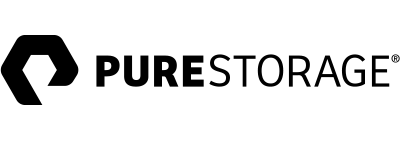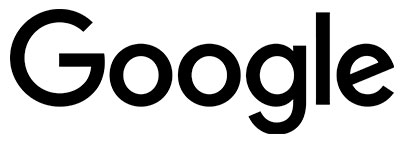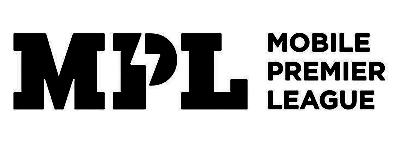See Through The Crisis – Temporall Techniques #1
Crises reinforce the need for leaders to make high-quality decisions at speed, relying on good judgement that’s backed by insight. Such clear thinking requires the most complete picture possible of your organisation, with visibility of how people are performing under pressure. Of course, you will also face scrutiny of your own performance during the crisis – and the first critic in line should be yourself.
This can be challenging; high pressure situations can create a blinker effect, pulling your focus towards very tactical or technical problems. And yet it’s these scenarios that require the greatest situational awareness – including that of your wn strengths and weaknesses. So while we encourage leadership teams to be highly self aware at all times, this is particularly true during crises. There are three accessible starting points to explore:
Your own “raw materials”
No one is perfect, so harnessing what you do well is vital. But in a crisis the impact you have on those you’re leading is even more important, so you must identify and address your blindspots. This may seem obvious, but our experience in working with leaders around the globe shows that in stressful situations this self awareness becomes limited.
- Start by being aware of your own preconceptions – of both success and failure. If you don’t have a clear model of each, it’s almost impossible to guide your organisation to / away from them. And if you do have a model, stress test it. Does it work not just now, in the heat of the moment, but in reinforcing what you want the business to be after the crisis has blown over?
- Explore your biases and weaknesses under pressure. Our default behaviours can emerge when we’re stressed. So while instinct is important to harness, try to predict the triggers that might lead to poor decision making so you can recognise it at the time.
- And steal back some time to reflect on your own experience. Consider how you’ve reacted in previous situations and recognise the lessons you learned.
The assets you have available
Whether through legacy systems and processes, or by conscious decision making on your part, most leaders will have a specific lens through which they see their organisation.
- Once you’ve established your picture of success or failure, you need to be able to see if it exists in the organisation around you. Consider an audit of the organisational performance indicators to which you can gain access, and what is the quality of that information?
- Speed is critical in management anyway, but decision making often has to accelerate in a crisis. Question the cadence of the insights you have available. Does it allow you to make decisions that are fast and relevant? Or will your strategy be pinned to the past?
- Lastly, consider the process by which you turn data to insight – and insight to strategy. Are you gaining full value from the data available, or just accessing the parts that are most familiar?
The confidence to be challenged
While you may feel a huge weight of responsibility on your shoulders, and indeed the buck may stop with you, this doesn’t mean you have to make every decision in isolation. Do you have a process in place to stress test your strategy?
- Most leaders will have trusted advisors who help them get to the right solution. Harness this trust, but also interrogate why it is you turn to those people. Is their counsel right for this situation?
- And as a counterpart to this, consider how best to benefit from the viewpoints of those you respect, but whose opinions don’t always align to your preferred way of working. The challenge may be helpful as the world shifts around you.
- Finally, don’t just check your thinking in the boardroom. Spend time with those outside the leadership team to understand what’s happening on the frontline, and whether your chosen direction is actually practicable. Can your team meet your vision of success?









